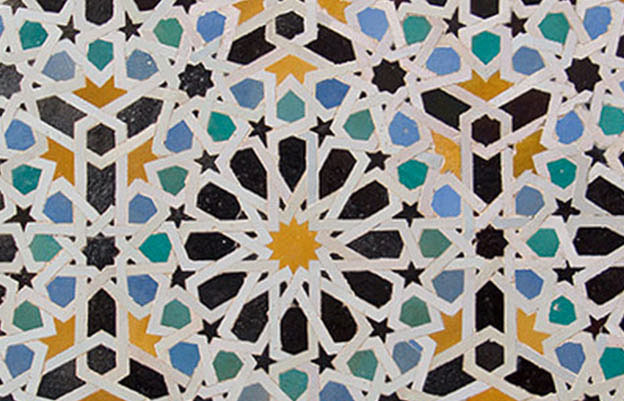Islam and society
Morocco has implemented a strong Islam policy with its Ministry of Religious Affairs. The emphasis here lies on moderation, spirituality, pluralism and good relations with other religions. The government spreads this message in many ways. One such way is stressing the duty of the king as ‘leader of the believers’, both in Morocco and in Moroccan communities in Europe.
The official vision that is characterised by a policy of ‘depoliticisation’ of Islam receives criticism from various groups in society. This criticism is expressed in political parties and movements, Jihadism and other forms of terrorism, informal marriage ceremonies, alternative styles of dress and so on. The government has tried to control these counter-movements by admitting a moderate Islamic party to government. Both the government policy and the various forms of opposition make Islam in contemporary Morocco a dominant political phenomenon.
Alongside the different forms of politicisation and protest, Islam plays an important role in daily life, for instance in family relationships, clothing, food and language. These developments involve regular exchanges with Moroccan communities in Europe.
The international dimension of Islam in Morocco is broader, however. The government aspires to a leading role in Sub-Saharan Africa, through such activities as the establishment of an institute for imam training with a special focus on Africa and an association for Moroccan and Senegalese scholars. There are close links between Sufi orders in West Africa and Morocco, but also between various terrorist groups in the Maghreb, Sahel and Mashriq. The Dutch involvement in Mali makes knowledge about these developments particularly relevant.
Turkey is especially active in Morocco in the fields of education, culture, Islam and business. A small but increasing number of young Indonesians also reside in Morocco for the study of Islam.


